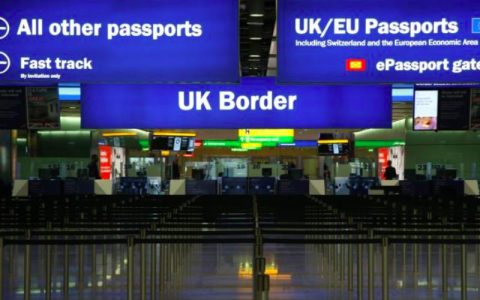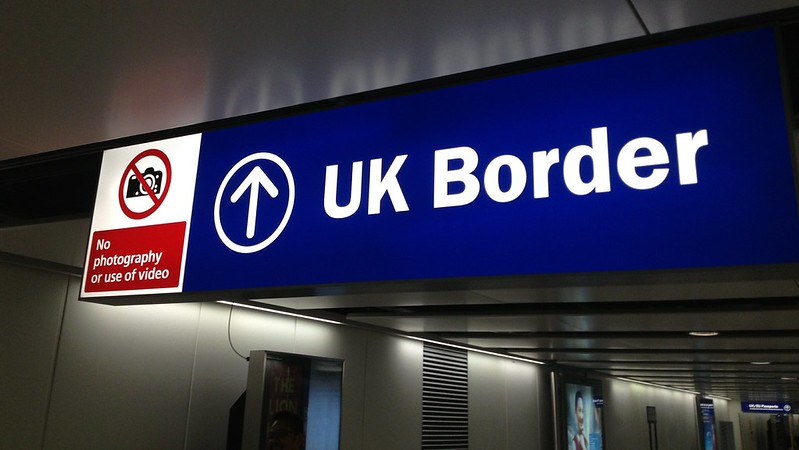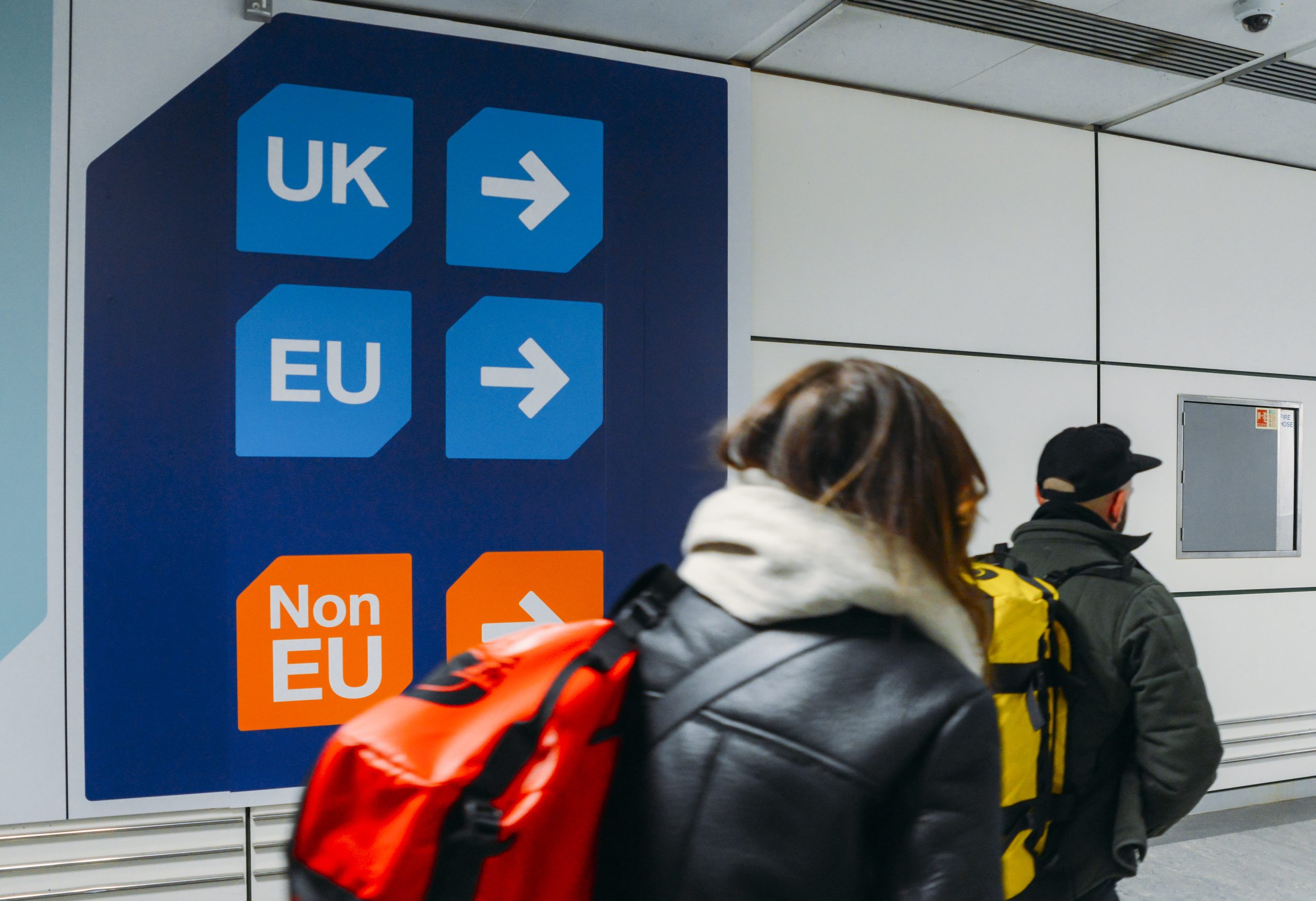UK immigration and nationality fees to increase from April 2025
Written by: Caroline Echwald

The UK Home Office has confirmed that several immigration and nationality fees will rise from 9 April 2025, affecting visa applicants, employers, and sponsors. The government states that these increases are aimed at reducing reliance on taxpayer funding for the immigration system while ensuring its sustainability. However, they will also place a greater financial burden on businesses that rely on international talent and individuals seeking to live, work, or study in the UK.
Key changes to immigration fees
- Certificate of Sponsorship (CoS) fee: The cost of issuing a CoS for skilled workers and temporary workers will increase from £239 to £525, a 120% rise. This substantial increase may deter some businesses, particularly small and medium-sized enterprises (SMEs), from hiring overseas talent due to higher upfront costs.
- Electronic Travel Authorisation (ETA) fee: The cost of obtaining an ETA will increase by 60%, from £10 to £16. This will impact short-term visitors and business travellers who require pre-approval before entering the UK.
Visa application fees:
- Indefinite leave to remain (ILR): The application fee will rise to £3,029 per applicant, spouse, and dependent child. This represents a significant financial barrier for long-term residents aiming to secure permanent status in the UK.
- Student visas: Fees will increase to £524, making studying in the UK more expensive for international students.
- Visitor visas: The six-month visitor visa fee will rise to £127, which could affect tourism and short-term family visits.
- Other fee adjustments: Most other immigration and nationality application categories will see increases between 5% and 10%, further adding to the overall cost of navigating the UK’s immigration system.
Implications for businesses and individuals
These changes will have a significant impact on both individuals and businesses navigating the UK immigration system.
For businesses, these fee increases mean that hiring international workers will become more expensive. Companies that rely on skilled workers from abroad must now budget more when assessing their workforce needs. SMEs, in particular, may struggle to manage these additional expenses, potentially leading to fewer sponsorships and a reduced talent pool.
For individuals, the higher visa and ILR fees add to the financial challenges of settling in the UK. Families applying together will face higher cumulative costs, making long-term immigration planning more challenging. The increase in student visa fees may also discourage some prospective students from choosing the UK as their study destination, potentially impacting universities and the wider economy.
If you require support in understanding how these fee increases affect your immigration applications, our team is here to help. Contact us to discuss how we can support you on your immigration journey.
-

Update on UK immigration fees
Written by: Caroline Echwald
Read the latest update on the UK immigration fees in our article UK immigration and nationality fees to increase from April 2025. The Home Office has announced a series of measures aimed at reducing the migration and borders system’s reliance on taxpayer funding. If approved, these changes will result in significant fee increases across various immigration and […]Read article -

Planning a visit to the UK? Here’s what you need to know about the new Electronic Travel Authorisation (ETA)
Written by: Caroline Echwald
If you’re planning to visit the UK and you’re from a country that doesn’t require a visa for short stays, there’s an important update you should be aware of; the UK is introducing the Electronic Travel Authorisation (ETA) scheme. This new requirement is part of the UK’s effort to improve its border security and will soon apply […]Read article -

EU Settlement Scheme five years on: Updates to pre-settled status
Written by: Caroline Echwald
March 2024, marked five years since the full opening of the EU Settlement Scheme which granted millions of European nationals and their family members the right to live in the UK after Brexit came into effect. The scheme is for EU, EEA, and Swiss citizens who were living in the UK by 31 December 2020 […]Read article
Categories: Immigration News
